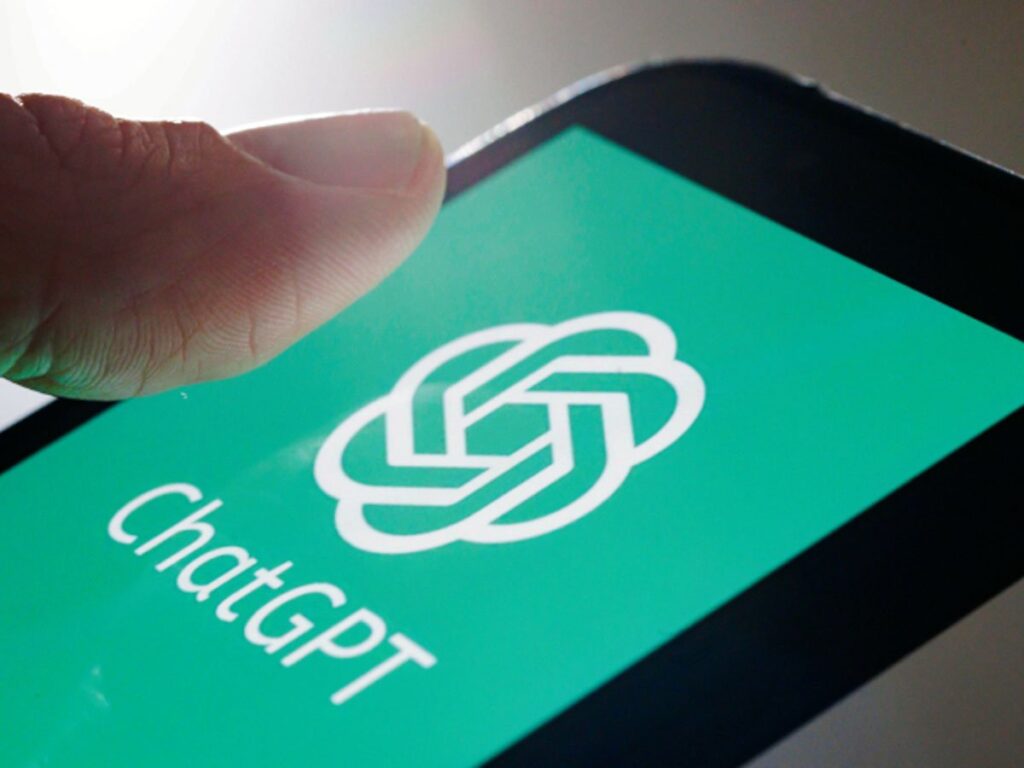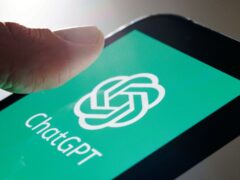Contact Information
Detailed Information
ChatGPT is an advanced conversational AI developed by OpenAI, designed to understand and generate natural language with remarkable fluency. It can help you write, code, brainstorm ideas, learn new topics, translate languages, and simplify complex concepts. Whether you need creative inspiration, technical assistance, or everyday productivity support — ChatGPT adapts to your communication style and goals.


